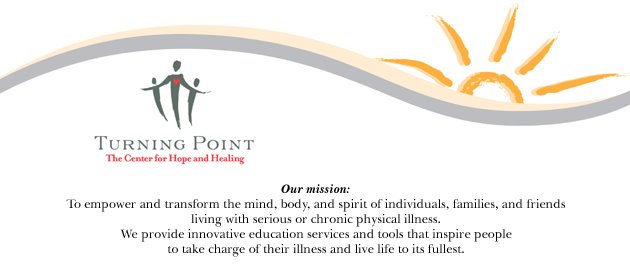What happens while you sleep?
The first stage of sleep is slow-wave sleep where most of your brain is inactive which allows for restoration of energy in your nervous system.
The second stage of sleep is REM sleep (rapid eye movement) where some parts of your brain are silent while other parts are very active. During REM sleep the secondary sensory cortex is more active.
When you are awake and see something, the stimuli comes in through your retina, through your primary visual cortex, then over to your secondary and tertiary visual cortices, etc. But during REM sleep, the activity starts in the secondary and tertiary cortices rather than the primary visual cortex. In other words, those parts of your brain are processing things even though you aren’t actually seeing anything – you are dreaming.
Why do you need sleep?
First off, to restore energy to your brain. While the brain account for only 3% of your body weight, it uses 20-25% of your energy. Unfortunately, your brains cells cannot store energy. You need to replenish your reserves with sleep.
Another very important function of sleep is the consolidation of memories (particularly during REM). If your REM sleep is disrupted, it interferes with your cognition – you won’t remember or learn things as well.
Dreaming is an important activity during sleep. The subcortical/subconscious communicates in the form of images – dream images. Dreaming is also a chance to use circuits in your brain that you may have underused during the day.
Lack of sleep or sleep deprivation is a stressor. Levels of glucocorticoids rise when you are sleep deprived. This can affect your bodies ability to form long-term memory, your metabolism and your immune systems – and not in a good way.
One way to improve the quality and length of sleep is by practicing a meditation/relaxation exercise right before you go to bed. It will help you sleep more soundly and keep you from waking up as often.
Moira

No comments:
Post a Comment